NEUTRALWET
Reduce water retention and capillary effects to enhance fracture conductivity and hydrocarbon recovery with this state-of-the-art technology.
Most conventional proppants are naturally water-wet, characterized
by a contact angle of less than 90°.
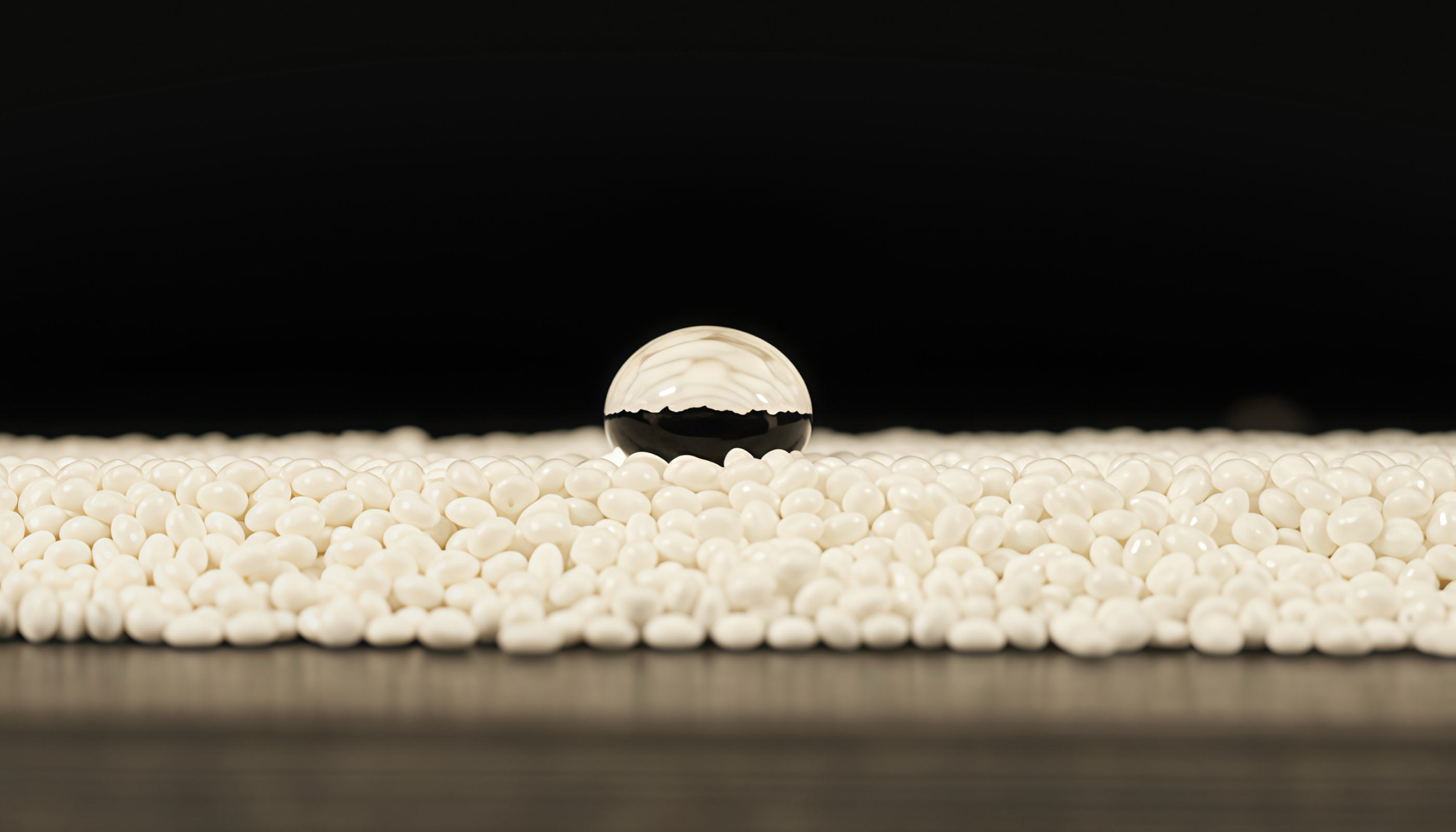

When this occurs, it impedes the flow of hydrocarbons by blocking critical pathways, reducing overall fracture conductivity and limiting production.
NEUTRALWET technology addresses this issue by modifying the surface wettability of the proppant to neutral.
By achieving a contact angle of approximately 90°, NEUTRALWET minimizes capillary forces that would otherwise trap water and water-based fracture fluids within the proppant pack. As a result, it significantly reduces fluid retention after the fracturing process and during production, ensuring that more of the fracture remains open and available for hydrocarbon flow.
This modification dramatically improves the permeability of the proppant pack to hydrocarbons, enhancing the ease with which oil and gas can move through the fractures. The overall outcome is a marked increase in production rates and more efficient extraction, leading to higher ultimate recovery (EUR) and better well economics.
Explore CARBO’s comprehensive range of advanced
products designed specifically for the mining industry.
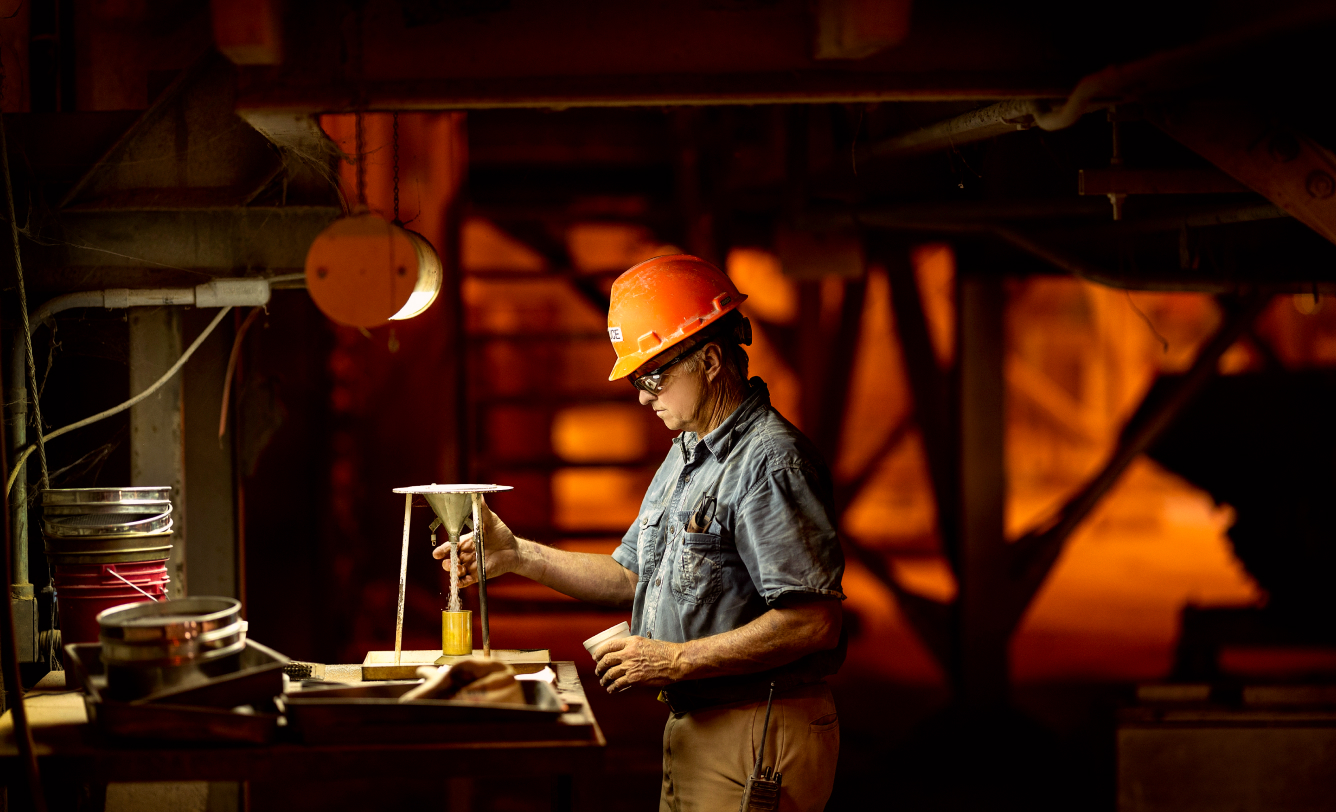
Resources
Products & Services
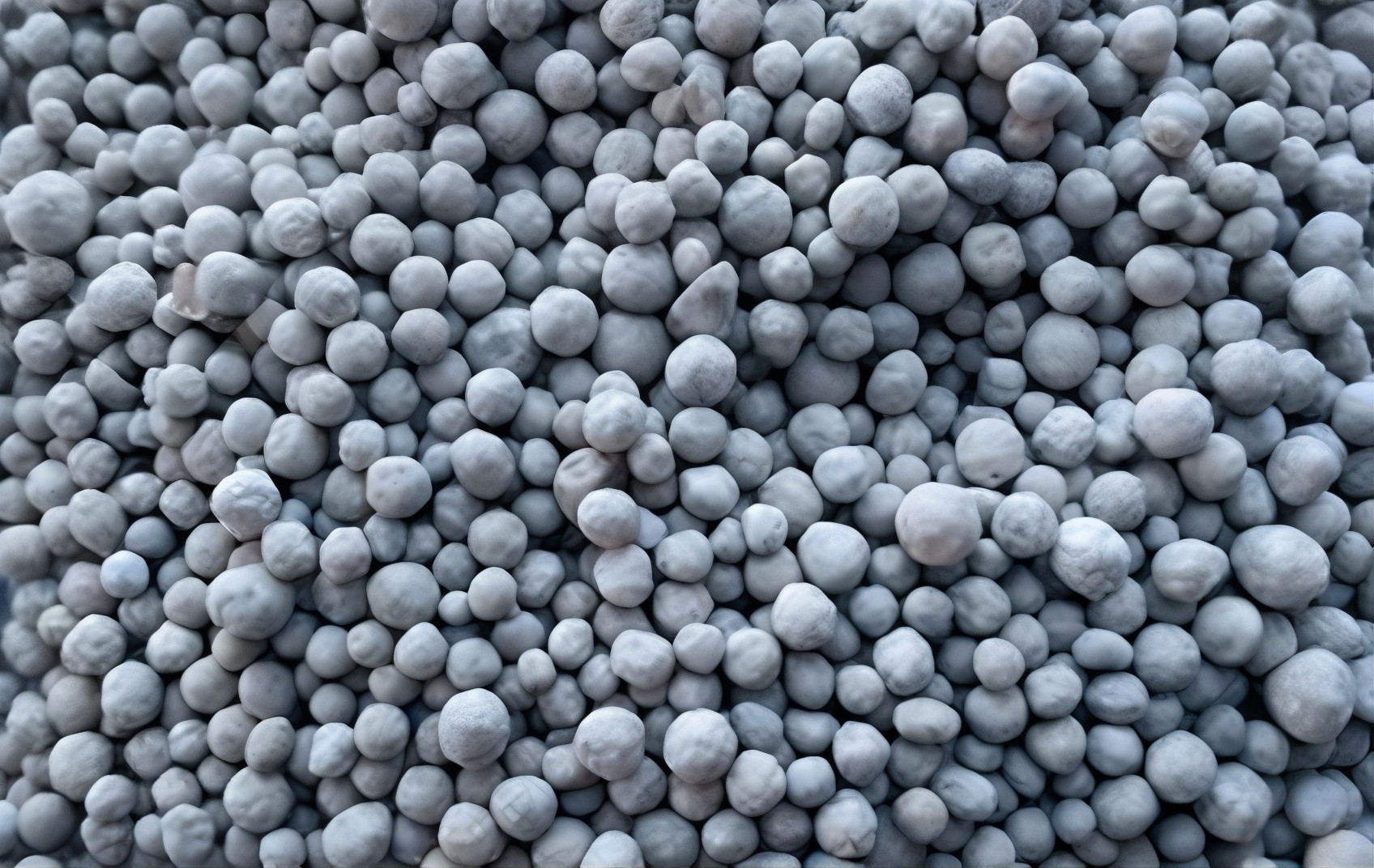
Resin-coated low-density, high-performance ceramic proppant
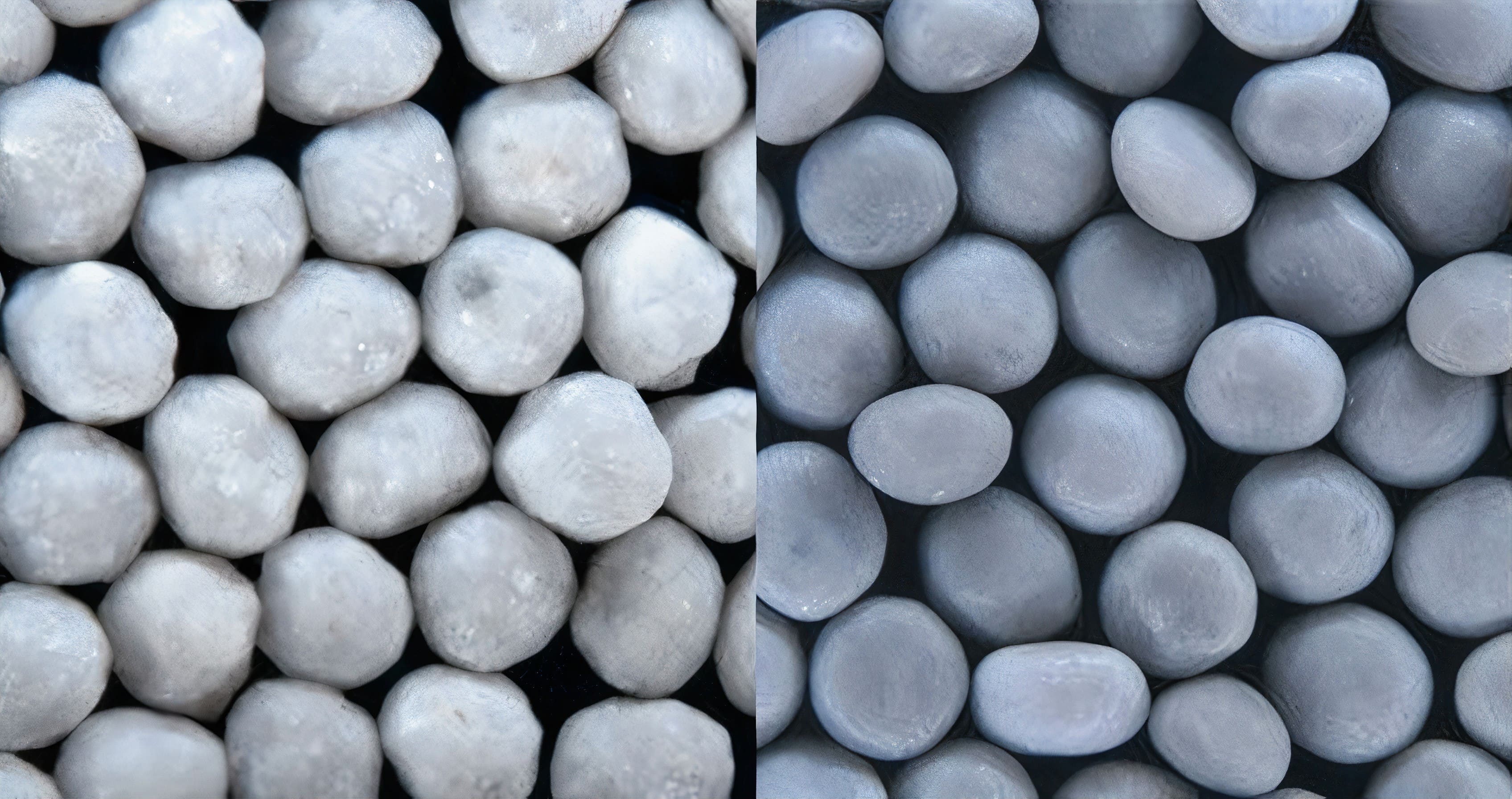
The CARBOBEAD HTM family of high-performance ceramic media technologies is engineered to provide a unique combination of consistent thermal, physical and chemical properties.
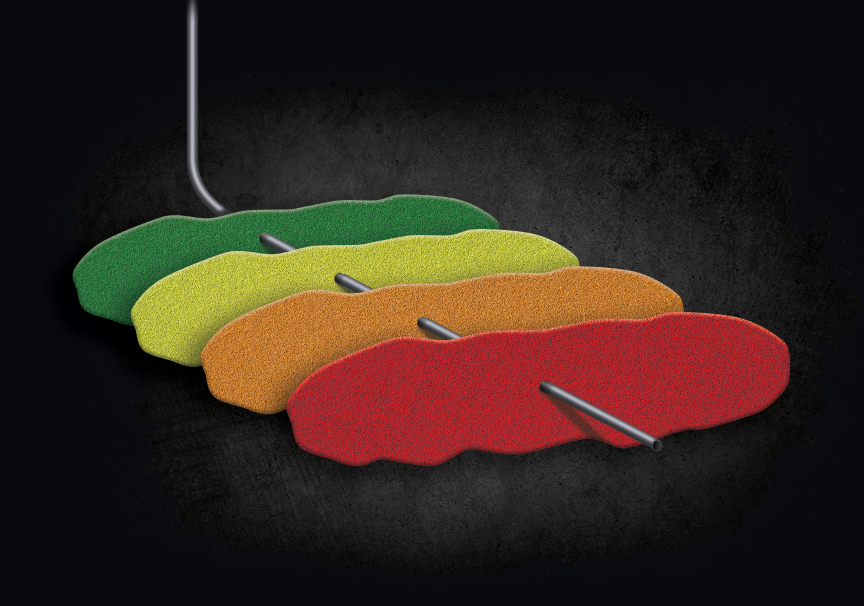
Inert tracer technology for gravel pack applications has been developed to enable a safe, accurate and cost-effective evaluation of gravel pack completed wells.
Frequently Asked Questions
What is CARBO Flow Enhancement Technology and what are its benefits?
NEUTRALWET is permanent surface treatment that modifies the wettability of proppant from its natural strong water wet to a neutral wet status. This Flow Enhancement Technology aimed at improving frac clean up and reduce pressure drop across the proppant pack in multiphase flow conditions.
The improved cleanup results in a more conductive frac that will benefit oil and gas with enhanced production.
The lower pressure drop in the proppant pack translates as a higher conductivity, higher producing frac and well at constant bottom hole flowing pressure (Pwf). Alternatively the well can be produced at the same rate at a higher Pwf, this can be beneficial in gas condensate wells to mitigate condensate drop out by producing wells at Pwf closer to dew point.
How does NEUTRALWET work?
Most proppants are strongly water wet, meaning that a film of water will encase all proppant grains. In many wells, this can cause oil to become trapped in pore spaces, and become a discontinuous, immobile phase in portions of the fracture. NEUTRALWET gives the proppant surface a neutral wettability. This means that the surface will be neither water nor oil wet and also reduce the capillary pressure of liquids in the pack to zero. This in turn allows all phases to flow more easily through the proppant pack, allowing for better clean up and longer effective half length. This effect also results in a 35% reduction in pressure drop across the proppant pack in multiphase (gas and liquids) flow conditions.
Should NEUTRALWET also help in dry gas wells?
Except in very rare circumstances, most gas wells make some water or water vapor. In addition, the benefits of NEUTRALWET should also be seen when unloading the frac/load water, so NEUTRALWET should provide benefits in all gas wells.
Should NEUTRALWET help in oil wells?
NEUTRALWET should assist in unloading the frac/load water and reduce trapped saturations, which in turn should create a longer effective half length. Many oil wells experience three-phase flow (oil, water, and gas) and NEUTRALWET is expected to improve cleanup. A neutrally wet surface will allow oil to remain a continuous phase at low saturations and should be expected to improve oil production even late in field life. However, in some wells, NEUTRALWET will increase production rate of all three phases and total fluid rates may increase with only minimal change in water cut or GOR.
How do you know NEUTRALWET will work?
Modeling and lab testing indicate both improved fluid recovery and reduced pressure losses during production. Evidence to date suggests that improved fluid clean up, longer effective fracture lengths, and increased effective conductivity will be achieved. Field trials are necessary to confirm the benefits and demonstrate commercial viability. See paper SPE-175537 for more details.
For what products is NEUTRALWET available?
NEUTRALWET can be added to any size or type of CARBO’s extensive proppant line, except coated products.
Will the NEUTRALWET surface treatment come off during transport/offloading/pumping? Will the surface treatment wash off during pumping, or while flowing back? Will the coating withstand acid? Will the coating wash off over time?
No. NEUTRALWET is a permanent coating and will not be removed. CARBO has tested NEUTRALWET treated proppant in a roller oven at 200 F for 24 hours. In both abrasion and shear testing, no evidence of loss was observed. NEUTRALWET withstands all expected oilfield conditions at temperatures up to 400°F. The roller oven test was repeated in the presence of 10% HCl and 10% NaOH with no observed loss of coating. See paper SPE-175537 for more details.
Will the NEUTRALWET surface treatment affect the frac fluid systems?
No. StimLab rheology testing has shown that NEUTRALWET did not affect the rheology of a 40 ppt Guar Borate system at 3, 6 & 9 minutes of high shear testing in a flow loop.
Can we use NEUTRALWET in the tail proppant only? Can NEUTRALWET be mixed with standard proppants?
This is not recommended. The first concern is whether we fully understand where the tail proppant ends up in the frac (i.e. front, back, bottom, all perfs, etc). Second, a frac using NEUTRALWET on a portion of the treatment will only benefit partially in the portion treated with NEUTRALWET .
Blending NEUTRALWET with standard proppants is not recommended. The benefits of NEUTRALWET come from a wettability change of the entire proppant pack. If fewer grains are coated, then the conductivity impacts will be diminished.
Get access
Please fill out the form to continue reading
Thank you for completing the form!
We appreciate your interest and look forward to providing you with
valuable content.
Get access
Please fill out the form to continue reading
Thank you for completing the form!
We appreciate your interest and look forward to providing you with
valuable content.
Join Us
Subscribe our newsletter and stay
up to date about the company
Thank you for completing the form!
We appreciate your interest and look forward to providing you with
valuable content.